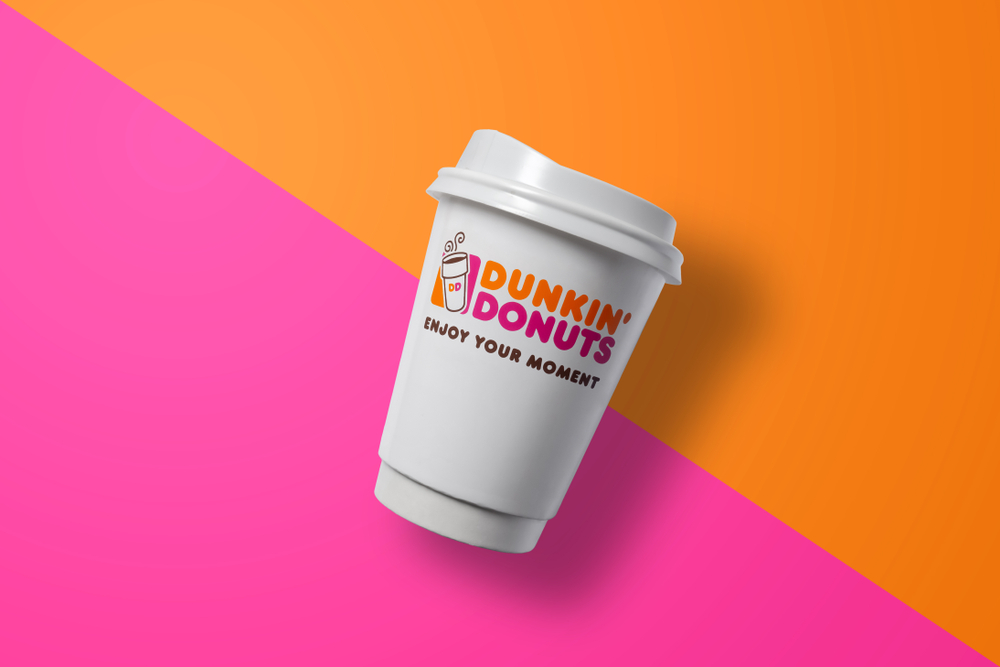A company rebrand is an incredibly risky move. In essence, a rebrand takes a well-known and well-recognised brand identity and transforms it into something new; it’s a gamble that may or may not pay off in the long term, and only time (and a lot of marketing work!) will dictate whether a rebrand is successful or not.
Of course, for many companies, rebrands have been completely worthwhile endeavours and have paved the way for bigger and brighter things. A rebrand doesn’t always have to be a complete failure; it can also pave the way for a rebirth and a much-needed refocusing of corporate values, thus increasing both profits and employee motivation. Here are our top 10 rebrands that worked for the companies that implemented them!
1. Dunkin’ Donuts
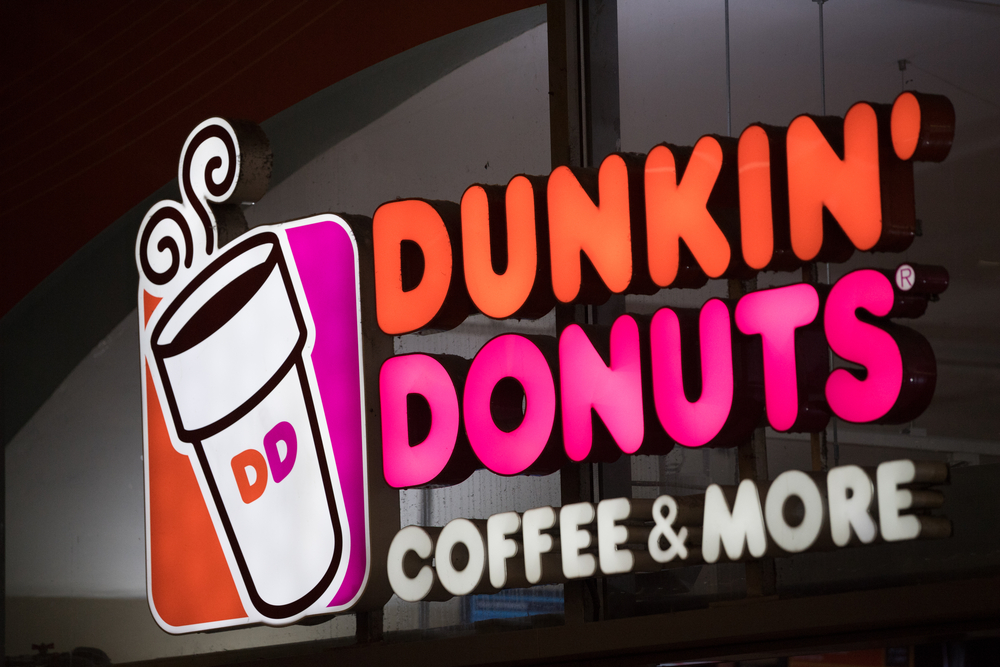
Back in 2019, the popular American food chain Dunkin’ Donuts dropped the “Donuts” and became simply “Dunkin’”. What’s more, the coffee cup that was present in the original logo disappeared as the brand introduced new kinds of drinks and diversified its range. This was a successful rebrand because it clarified that Dunkin’ wasn’t just a place to get donuts, thus expanding the potential customer base of the brand significantly.
2. Meta

Mark Zuckerberg has been public about his desire to create a more all-encompassing company that embodies an oncoming move into augmented reality and metaverse spaces, and that was the intention behind Facebook’s rebrand to Meta, which took place in late 2021. The move met with derision, but since then, Meta has successfully managed to build a new brand identity for itself, so Elon Musk’s new Twitter X rebrand could learn a lot from this move.
3. Burberry
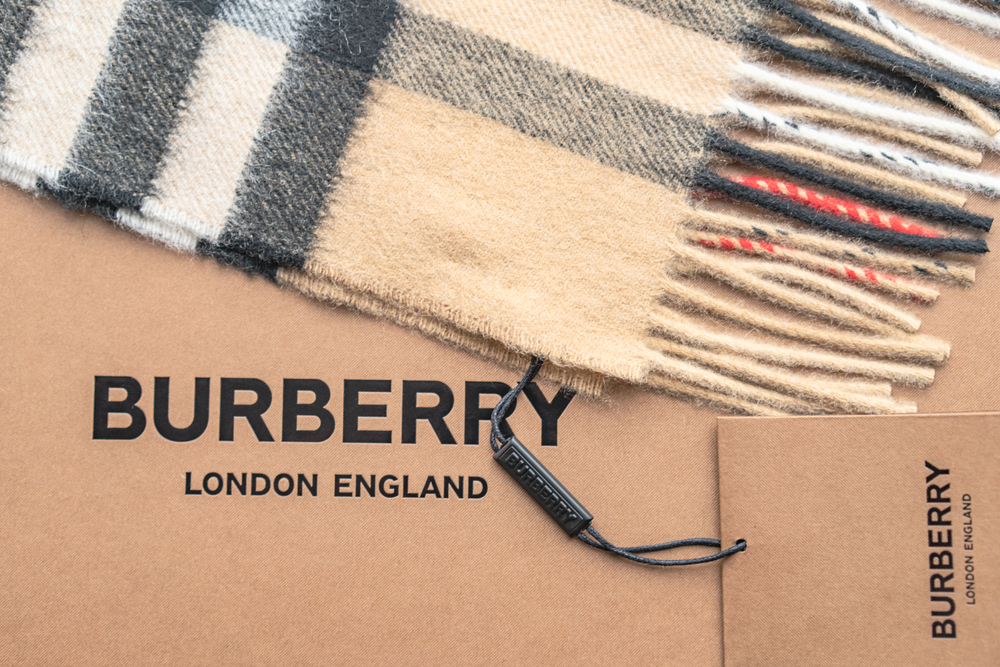
If you’re British, you’ll likely know the kind of reputation the Burberry brand “enjoyed” back in the late 2000s. It was associated with violent inner-city youths, and although there was something of a classist feel to much of the criticism of Burberry, the brand itself wasn’t doing so well. That’s why Burberry chose Emma Watson to front a new, revitalised ad campaign showing that it wasn’t just for “the undesirables”, and it worked, shoring up the brand’s cred into the modern era.
4. Lego

Admittedly, the Lego rebrand wasn’t a full ground-up rework of a brand’s entire identity; rather, it involved corporate executives and creatives zeroing in on what made Lego great and trying to reconnect with that element for a younger generation. Lego’s higher-ups spent time talking to their intended customers to find out what they wanted from the brand, refocusing their efforts in order to emphasise what people wanted and move away from what they didn’t.
5. Old Spice
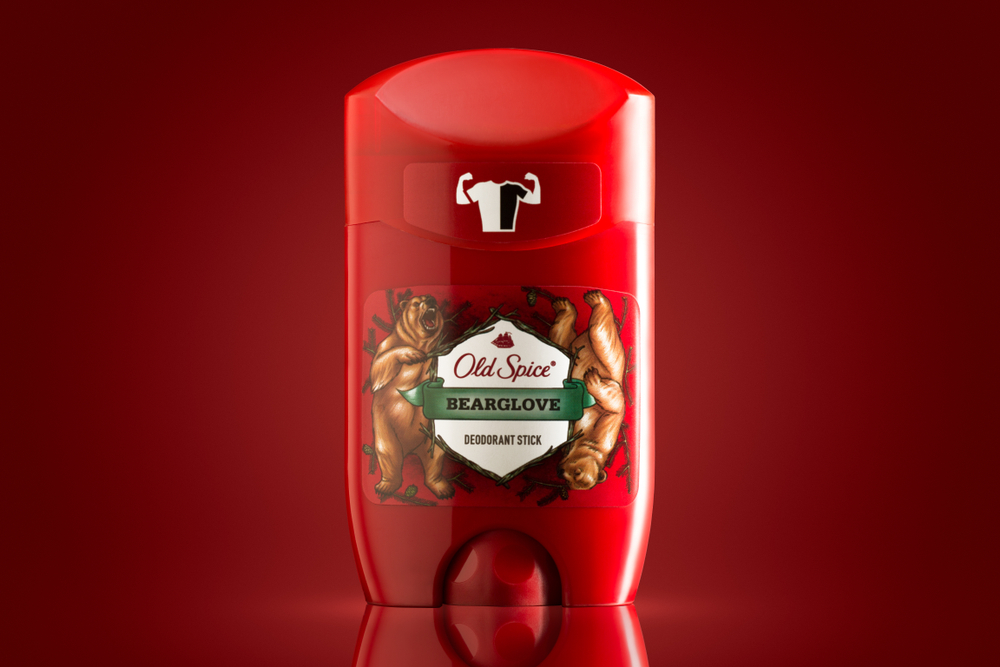
Before social media came along, Old Spice was essentially just another deodorant brand, and perhaps even one with some fairly outdated connotations for many customers. Then, the company introduced that infamous social media campaign, blending surreal humour with genuine product demonstrations and introducing many to a brand they’d never even heard of. The result? A re-entry into popular culture for Old Spice, and another successful rebrand for our list.
6. Apple

Believe it or not, even the tech juggernaut Apple has had its moments of struggle. Back in 1997, Apple wasn’t doing so well; its products were being overtaken by the more popular Windows, and it needed killer apps to re-establish its dominance in the tech world. That’s exactly what happened; head honcho Steve Jobs pivoted towards beautiful, simple products with clear consumer appeal, and that’s still the strategy Apple emphasises today.
7. Domino’s
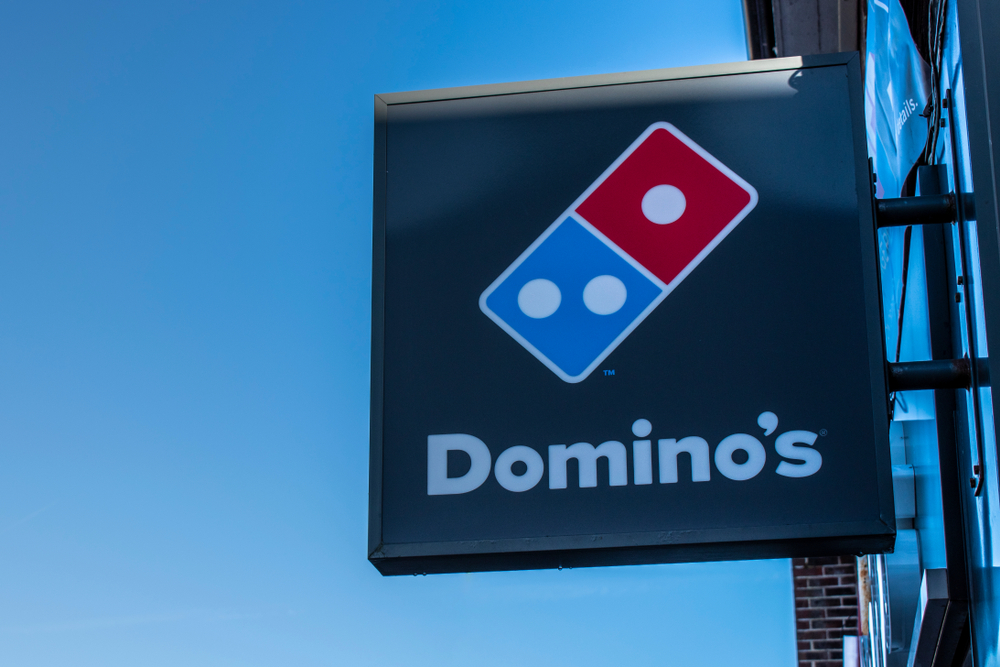
The Domino’s rebrand, which took place around the late 2000s and early 2010s, is one of the most famously audacious corporate rebrands in history. The company knew it was being widely mocked and derided for the low quality of its products, and so it decided to lean into that in an ad campaign that acknowledged its poor reputation and promised to do better. Domino’s is now one of the leading pizza companies in the world, so we’ll let you be the judge of whether the rebrand worked.
8. Skoda
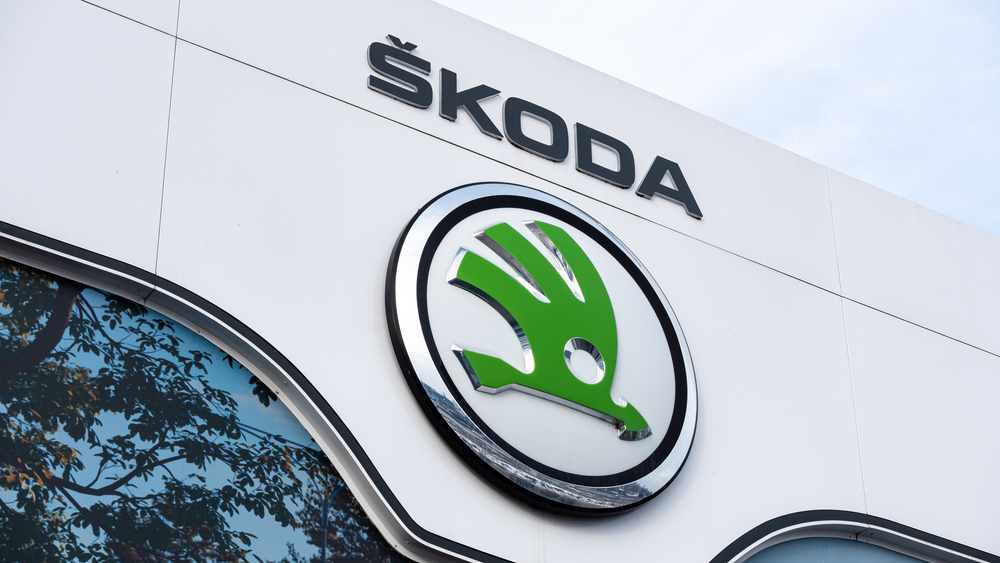
Just like Domino’s, there was a point in time at which the car company Skoda was arguably seen as a lower-quality alternative to its competitors. Ad campaigns at that time then began to poke fun at Skoda’s reputation, which is often a surefire way to get into customers’ good graces. Slowly, Skoda began to climb in consumers’ estimations, and it’s now one of the leading car brands, which goes to show how a little humility can go a long way in the world of corporate branding.
9. Twitter
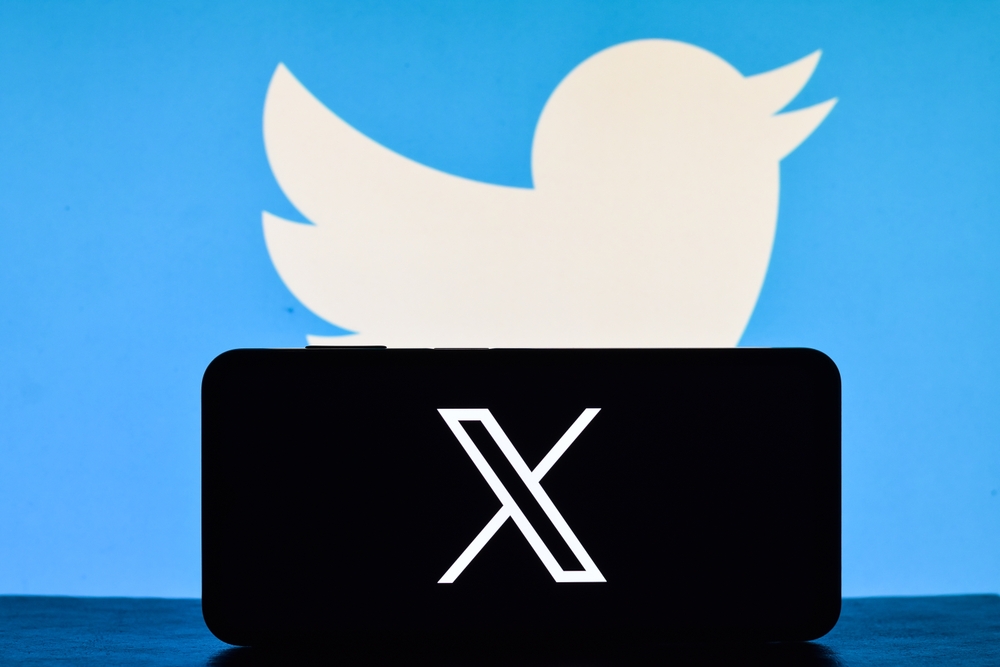
This one might prove slightly more controversial. You may well have your own opinions regarding whether or not Elon Musk’s new X logo (and general brand identity pivot) works for Twitter; there’s a good chance you dislike what Musk has done and wish it could be rolled back. However, there’s very little doubt that what Musk has done is to keep the brand in the public eye; sometimes, controversy can be a good thing if it means increased brand awareness.
10. McDonald’s

There are actually quite a few McDonald’s rebrands one could point to on a list like this, but the one we’re focusing on today is the introduction of McCafe, a mini-brand that was arguably intended to move McDonald’s away from its reputation for unhealthy fast food. Today, McCafe is still going strong, with a variety of coffees and other goods offered at locations around the world. We’re lovin’ it, indeed.

